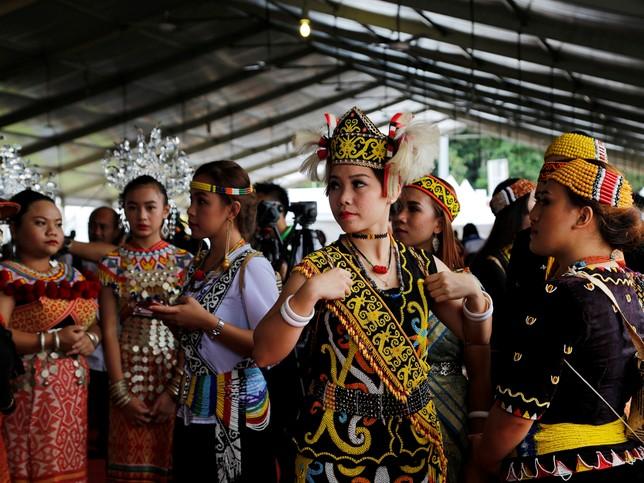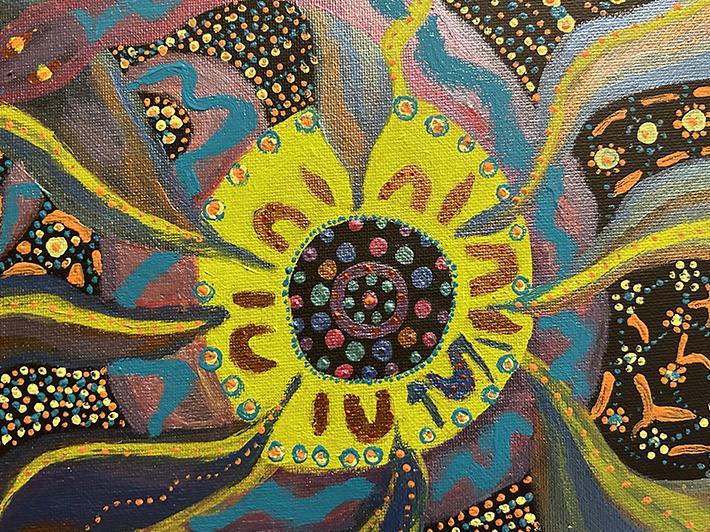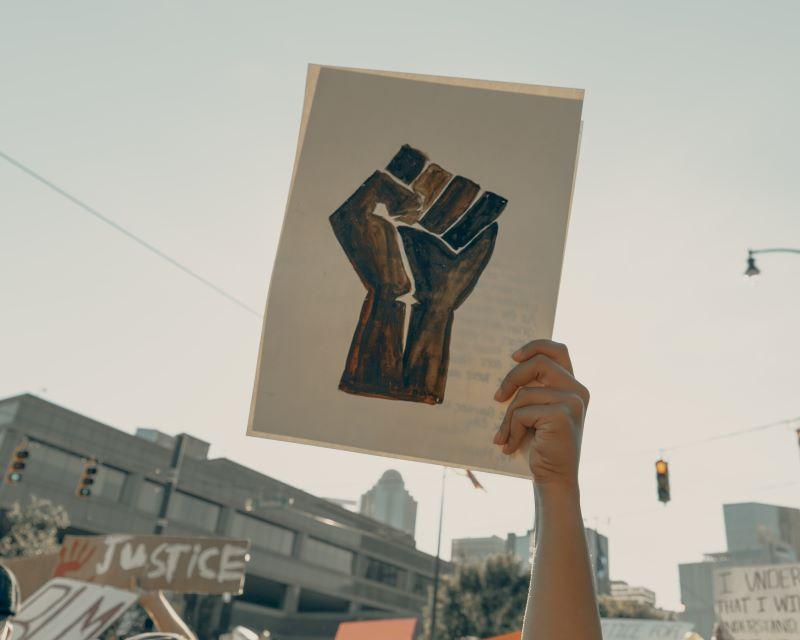
Start the journey of anti-colonial work with these first steps

You may also like
As a non-Indigenous person in Australia, I was willing to engage in anti-colonial work in the academy but didn’t know where to start. I didn’t want to add unnecessarily to the cultural load of the Indigenous staff around me. I knew I needed to “do the work” but didn’t want to get it wrong and cause harm.
I’ve found that, while it isn’t appropriate to speak for Indigenous people, I can acknowledge, respect and celebrate Indigenous peoples’ history, contributions, research and excellence in all teaching and learning practices.
Aboriginal and Torres Strait Islanders have been teaching and learning on Country for millennia. In our Australian institutions, we are always on Country, and we are privileged to work and learn on and with this land.
- How to bring Indigenous knowledge into classrooms and curricula
- Fulfilling a mission and serving Indigenous students
- Uncovering Indigenous insights: let’s research together
As a sign of respect, we can make more space for Indigenous people in places where they, their knowledge and their perspectives have historically been excluded in our educational institutions. This work is essential for a positive future for all Australians.
The following are suggestions from my own journey. It’s not intended to be a comprehensive list, just a place to get started.
Consider your own positionality
Looking at your own personal truths and experiences takes time and sometimes feels as if you’re not doing anything at all. This might feel uncomfortable, or too inactive, and you may feel urgency to move forward.
But positionality is an essential starting point for this journey. It begins with carefully considering our own identities, lives and relationships. We must reflect on who we are, what we think and why we think it. It means asking yourself questions about your whole self, not just your work identity.
Consider:
- What are your beliefs, attitudes and behaviours?
- How do you communicate with people?
- With what assumptions and biases do you unconsciously practice?
- What is your connection to your physical place, and why does it matter?
- Who are the people who matter to you and how do you interact with them? Who are you in relation to them, what is your place in your family?
- Why does your subject/research/teaching matter to you?
- Who do you think Indigenous people are? What do you think matters to Indigenous peoples?
- What is an Indigenous community?
Challenge your responses, do some research and reading and talk to people. You may be surprised by what you learn about yourself.
Present Western knowledge as a part, not the whole
Have you cited or described research carried out by people from, and in, a diverse range of countries? Shifting your curriculum from a position of Western knowledge to a place of worldwide knowledge will broaden your own and your students’ view. You can start slowly, adding more over time.
Appreciating diverse perspectives in the literature can impact the classroom. When a student identifies voices of people from their own places, their sense of belonging and worth may increase. Both international and domestic undergraduate students at Australian universities believe diverse cultural perspectives in curricula to be extremely important.
Proactively seek and cite Indigenous authors to enrich your curriculum. If you already cite Indigenous authors in course materials, look for Indigenous scholars writing about topics that aren’t Indigenous-specific. Citations assign value and support career advancement.
Aboriginal and Torres Strait Islander people have made valuable contributions to many fields, but citation practices (often inadvertently) decrease their chances of being cited. Challenge yourself to amplify Indigenous peoples’ voices and consider new ways to cite knowledge-holders that embrace non-written forms of being and learning.
Identify opposing paradigms and perspectives
Western knowledges are often positioned as superior to other knowledges, sometimes even considered the only or normal way of thinking. Identifying alternative paradigms may challenge you, but could enhance understanding, encouraging your students to think critically. Simultaneously, the action can shift power, broadening the concept of “legitimate” knowledge. This may make space for Indigenous scholars and knowledge.
Reflect on dominant paradigms and perspectives in your field. Have you acknowledged or discussed opposing views? Consider adding some historical or geopolitical context of knowledge development in your field.
Acknowledge and give credit
For thousands of years, Aboriginal and Torres Strait Islanders have been scientists, artists, engineers and more. Their knowledge has contributed enormously to the development of Australia as it exists today. If you are aware of an Indigenous origin to your information, clearly identify and acknowledge it. If not, do some research to check.
See it as a journey, not a destination
These suggestions are only a beginning and can be made gradually, within your available time. They could inspire your students to think about which voices are heard and why. It can help them look at themselves, and it will encourage you to look at yourself too. This is an important first step. It all matters.
Don’t underestimate the potential of small changes but realise that this work is never complete.
To truly represent Indigenous perspectives, you’ll need to collaborate and reciprocate, building authentic relationships. This process will better prepare you to do that, entering those discussions more informed – emotionally, psychologically and intellectually.
Acknowledgements
This article was inspired by associate professor Jess Russ-Smith (assistant deputy head of school, School of Allied Health, Australian Catholic University) and Susan Brooman-Jones (academic developer, ACU), aiming to meet their challenge to “do the legwork” and act within my sphere of influence.
Thanks to Sarah-Jane Burton (graduate attributes lead, College of Arts and Social Sciences, Australian National University) for reviewing the article and providing feedback. Writing and reviewing this article has been part of my learning journey and has further deepened my understanding.
Sue Sharpe is an education designer at Australian National University.
If you would like advice and insight from academics and university staff delivered direct to your inbox each week, sign up for the Campus newsletter.
Additional Links
For more resources on this topic, see our spotlight on Indigenous voices in higher education.


